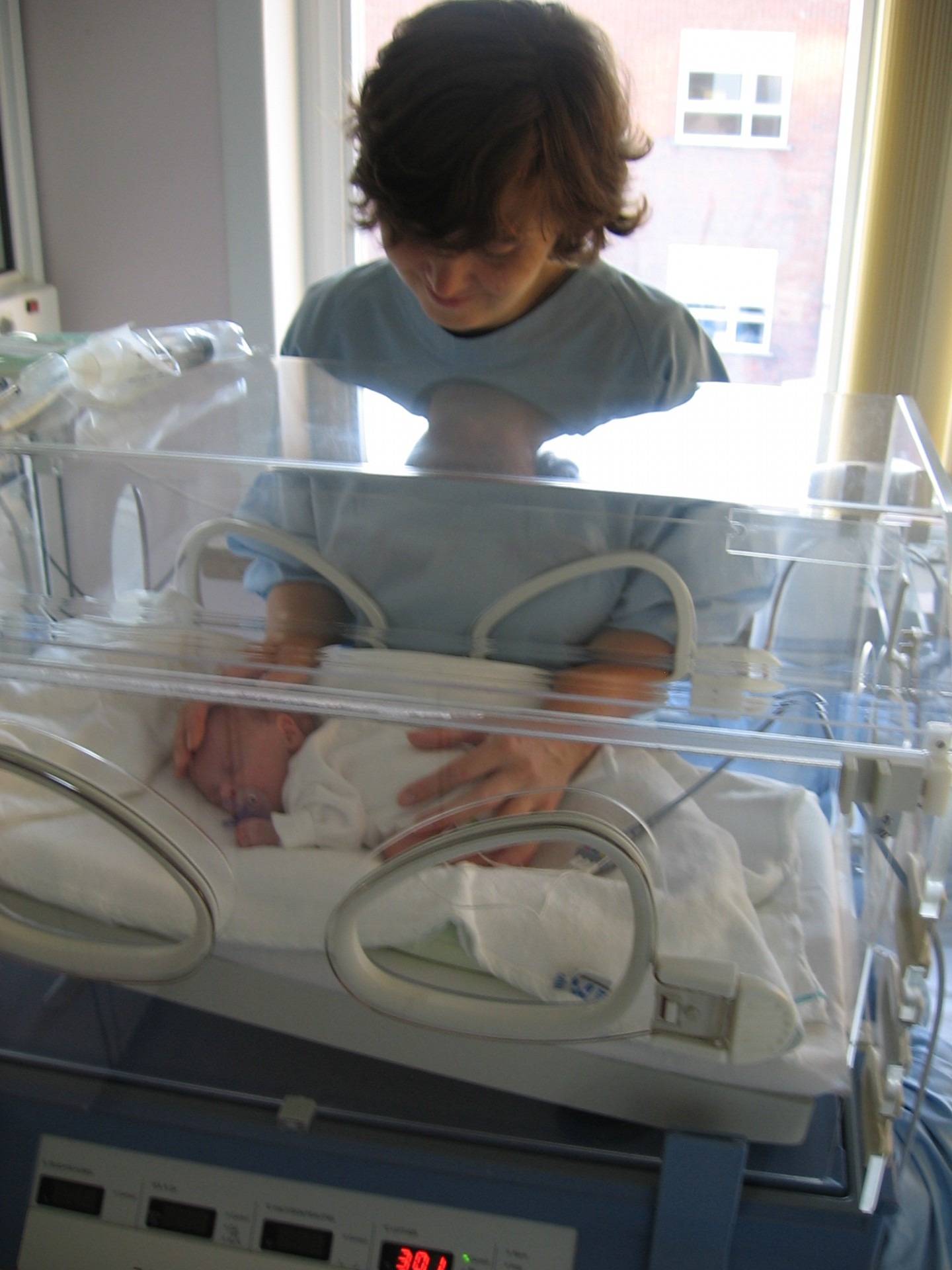Search
Showing results for "preterm birth lungs"
This review examines the consequences of preterm birth on the airway epithelium and explores the clinical relevance of currently available models
Publicly insured women usually have a different demographic background to privately insured women, which is related to poor neonatal outcomes after birth.

The world’s leading preterm scientists and doctors have joined forces to help give babies born very prematurely, the best possible life.

With premature babies facing lung problems, researchers with the Children’s Lung Health group are working to identify ways to improve the long-term impact.
Over the last 40 years medical advances in the care of newborn babies has resulted in more children surviving very early “preterm” birth than ever before.
Nasal epithelial cells from very preterm infants have a functional defect in their ability to repair beyond the first year of life, and failed repair may be associated with antenatal steroid exposure.
To investigate the effect of interpregnancy interval (IPI) on preterm birth (PTB) according to whether the previous birth was preterm or term.
A previous systematic review showed that intramuscular vitamin A supplementation reduced the risk of bronchopulmonary dysplasia (BPD) in very-low-birth-weight (VLBW) infants. However, more recent studies have questioned this finding.

Respiratory disease remains one of the most significant complications of preterm birth, with lasting consequences.
The PELICAN (Prematurity’s Effects on the Lungs in Children and Adults Network) Clinical Research Collaboration was launched by the European Respiratory Society (ERS) in 2020
